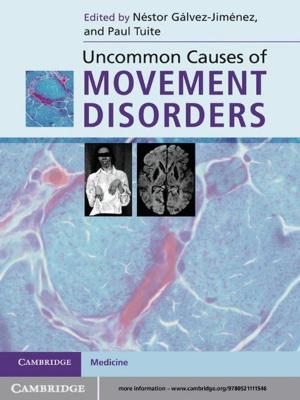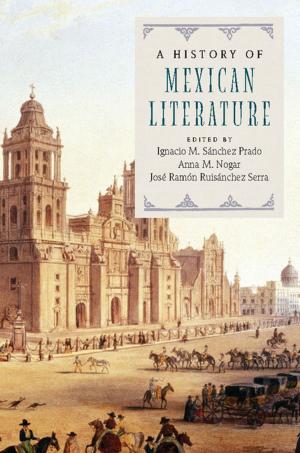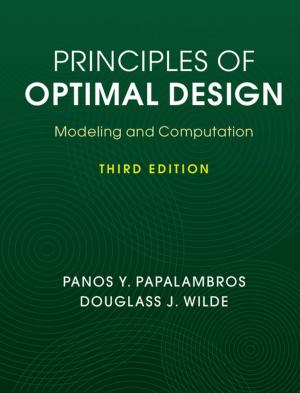Enlightenment and the Creation of German Catholicism
Nonfiction, History, European General, Religion & Spirituality| Author: | Michael Printy | ISBN: | 9780511737749 |
| Publisher: | Cambridge University Press | Publication: | February 2, 2009 |
| Imprint: | Cambridge University Press | Language: | English |
| Author: | Michael Printy |
| ISBN: | 9780511737749 |
| Publisher: | Cambridge University Press |
| Publication: | February 2, 2009 |
| Imprint: | Cambridge University Press |
| Language: | English |
This book tells the story of how eighteenth-century German Catholics rethought the Church. Educated German Catholics envisioned a Church that would solidify the link between religion, civilization, and morality. The first account of the German Catholic Enlightenment, this book explores the ways in which eighteenth-century Germans reconceived the relationship between religion, society, and the state. Seeking a balance between Germany and Rome, Catholic reformers desired a national Church that would enjoy a large measure of autonomy but would still be in communion with the universal Church. In trying to reform the Church, educated Catholics in the Holy Roman Empire questioned not only what it meant to be Catholic, but also what it meant to be German. In the process, they created German Catholicism. Arguing that German confessional identities were recast in the eighteenth century, this book forces a revision of our understanding of the German Enlightenment and its place in modern German history.
This book tells the story of how eighteenth-century German Catholics rethought the Church. Educated German Catholics envisioned a Church that would solidify the link between religion, civilization, and morality. The first account of the German Catholic Enlightenment, this book explores the ways in which eighteenth-century Germans reconceived the relationship between religion, society, and the state. Seeking a balance between Germany and Rome, Catholic reformers desired a national Church that would enjoy a large measure of autonomy but would still be in communion with the universal Church. In trying to reform the Church, educated Catholics in the Holy Roman Empire questioned not only what it meant to be Catholic, but also what it meant to be German. In the process, they created German Catholicism. Arguing that German confessional identities were recast in the eighteenth century, this book forces a revision of our understanding of the German Enlightenment and its place in modern German history.















